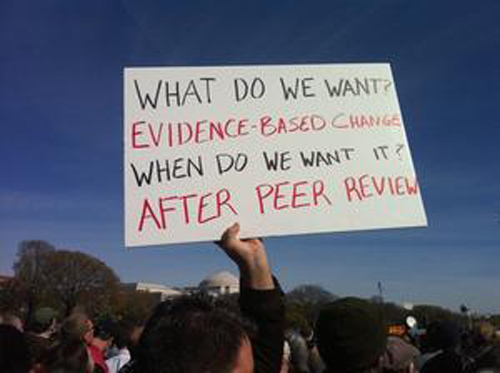 Research published in 2015 in Economic Development Quarterly cast significant doubt on tax incentives as a way to enhance job creation and North Carolina’s overall business climate, even if you ask executives at the companies getting the incentives.
Research published in 2015 in Economic Development Quarterly cast significant doubt on tax incentives as a way to enhance job creation and North Carolina’s overall business climate, even if you ask executives at the companies getting the incentives.
The research, by G. Jason Jolley, Mandee Foushee Lancaster, and Jiang Gao, surveyed executives from 150 companies that received economic development incentives from North Carolina and 465 companies that did not. These were incentives under the now-ended William S. Lee Act, the state’s first foray into state tax incentives for economic development.
Their findings include:
Most don’t even know their companies are getting incentives
Seven out of 10 executives from incentivized companies didn’t even know their companies were getting an incentive from North Carolina: “29.3 percent were aware the company had received an incentive, 61.8 percent did not believe the company had received an incentive, and 8.9 percent were unsure.” If that’s “economic impact,” so’s losing a check in a desk drawer.
Corporate executives want skilled labor, low regulations, low taxes, low costs of living, and good transportation infrastructure more than incentives
Out of a list of 19 important factors for North Carolina’s business climate, executives ranked state and local economic development tax incentives 15th and 16th. The only things they found less important than tax incentives were being able to access low-cost labor, mass transit infrastructure, and availability of unskilled labor.
Put another way, asked how important tax incentives were, and business executives said they could think of 14 things more important to the state’s business climate than tax incentives:
- skilled labor
- the state regulatory burden
- state corporate tax rate
- local property tax rates
- community colleges
- state personal income tax rate
- highways
- information technology infrastructure
- four-year colleges and universities
- housing costs
- environmental regulations
- land prices
- workforce training programs
- major airports
Even incentives recipients think lower tax rates across the board would be better
As if to drive home the point, executives of incentivized companies were asked which was better, to have “select incentives to certain businesses” or “reduce taxes affecting business taxpayers and their owners.” Only one out of five (21.7 percent) said select incentives were better. (Just 14.7 percent of executives at companies not receiving incentives said incentives were better.)


